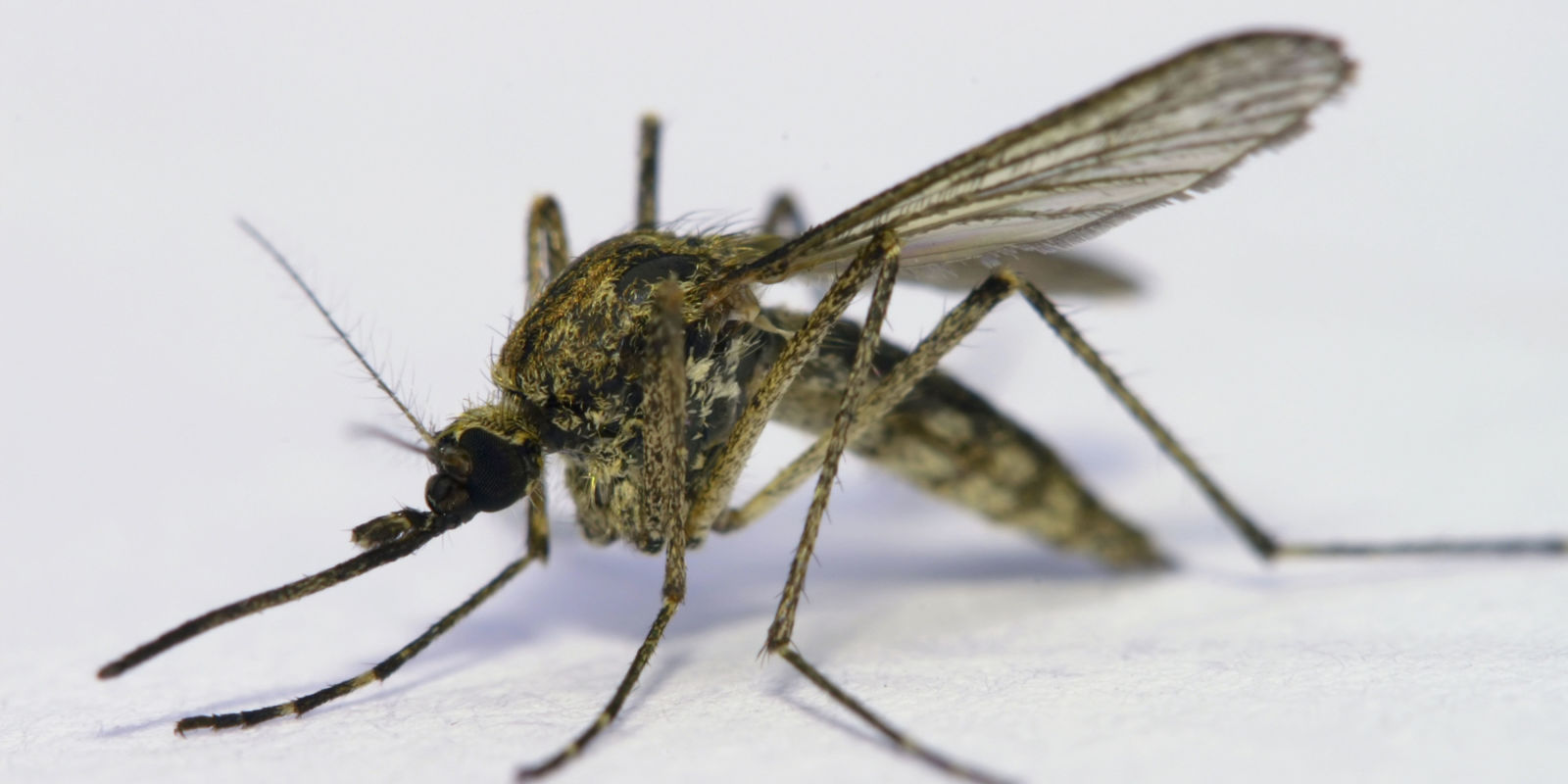
THE Global Fund for health has donated $18 million to help fight malaria in Southern Africa by 2020, which is currently killing thousands of people annually.
By Nokuthaba Dlamini
This was revealed by the Sadc ambassador for malaria elimination Richard Nchabi Kamwi during the signing ceremony of a technical cooperation agreement on malaria control and elimination along the Zambia-Zimbabwe border held in Victoria Falls on Thursday.
“Through the Global Fund, we recently managed to get more than $ 18 million. As a result of these resources, I can now report to you that you will be supported logistically as you will be receiving some vehicles and mobile clinics which will be dotted throughout the two countries to help screen and test Malaria,” Kamwi who hails from Namibia said.
“We recently gave five to Botswana while in Mozambique, three days ago, we donated a clinic. We also have quite a number of health organizations like The Global Health Foundation which have pledged to support us for the next four years.”
Kamwi further added that they had found two renowned professors from Oxford and California Universities who volunteered to work with Sadc and encouraged member states to make us of them.
Zambian minister of health, Chitalu Chulifya said malaria was a hindrance to socio-economic growth. He said there was a need for adequate human resources and technology to fight, amid revelations that children and women were the most vulnerable.
Health minister, David Parirenyatwa said mosquitos were now resistant to some drugs and residual spray and forcing them to change the methodology in parts of the country.
- Chamisa under fire over US$120K donation
- Mavhunga puts DeMbare into Chibuku quarterfinals
- Pension funds bet on Cabora Bassa oilfields
- Councils defy govt fire tender directive
Keep Reading
“In this region, Anopheles Malaria is dominant and we are now finding some resistance to our drugs and even some indoor residual spraying insecticides that we use and we have started changing them in some parts like Manicaland,” Parirenyatwa said.
“We need to be independent from Malaria systematically and scientific, not haphazardly or guess work but also religiously so that we are able to end this by 2020.”
He said heavy rains and flooding this year created fertile grounds for mosquito breeding places.
“But this should never be an excuse to us,” Parirenyatwa said adding the number of malaria deaths had fallen from 136 last year to 26.











